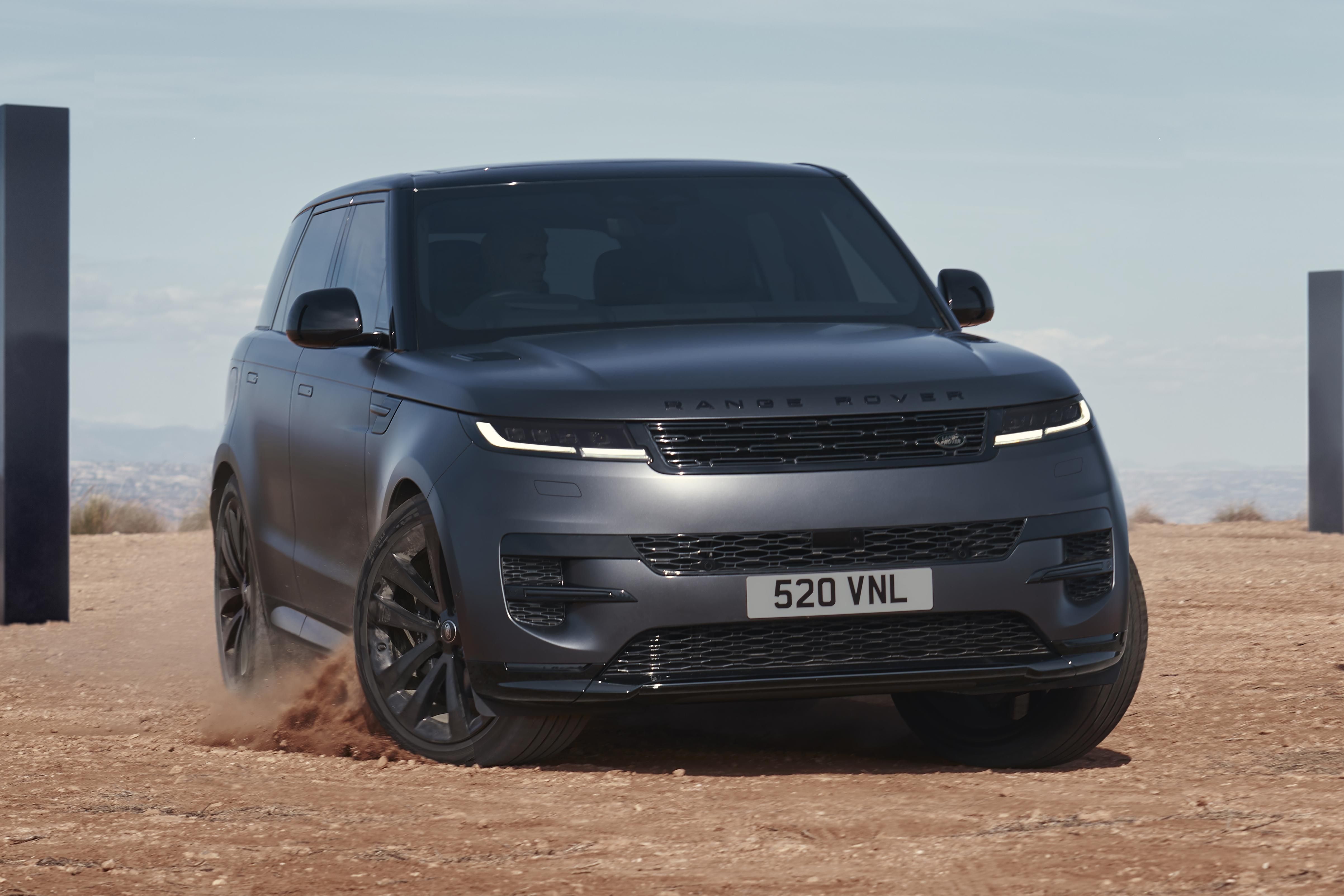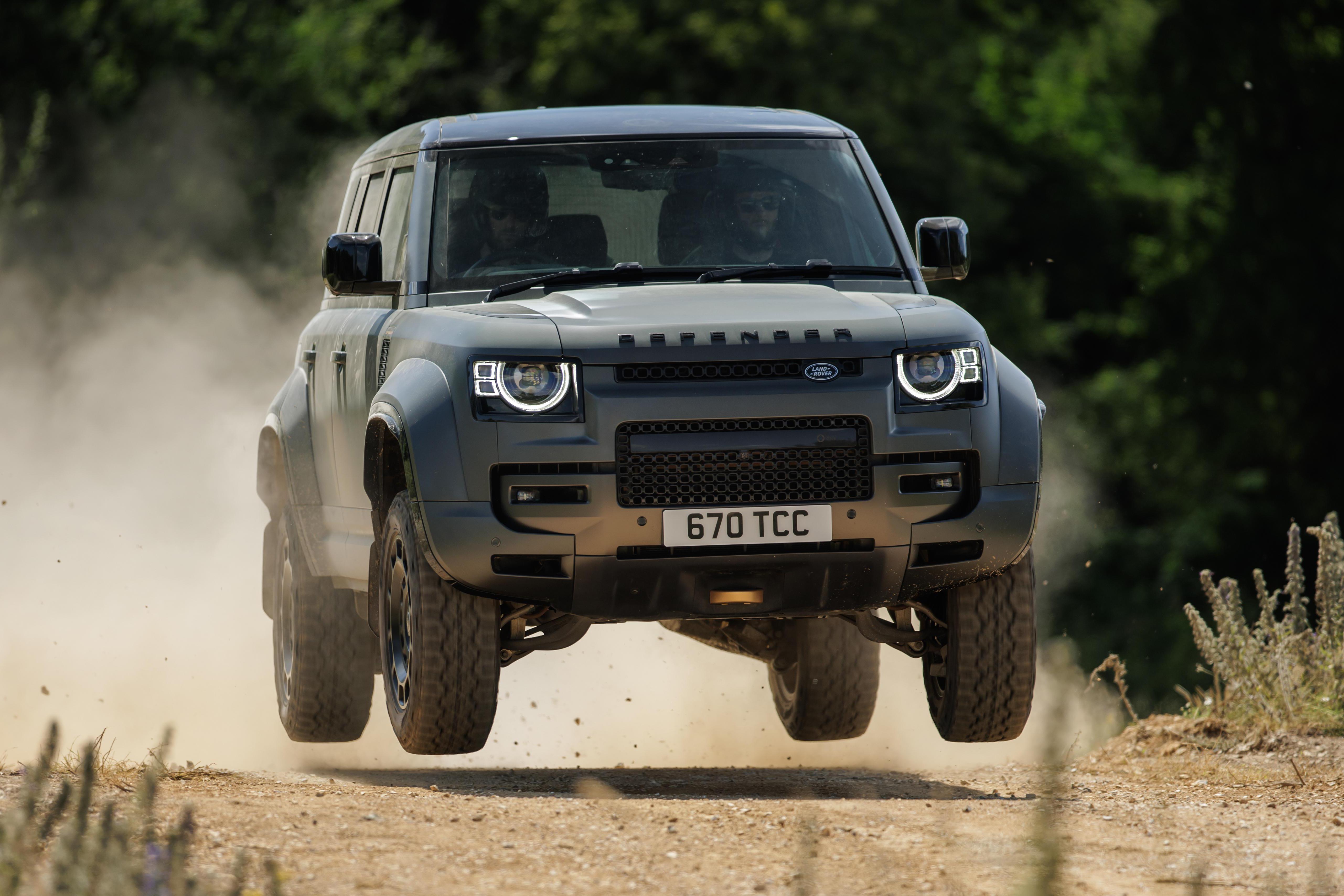JLR (Jaguar Land Rover) has finally recommenced production after a cyber attack took down the British automaker’s IT systems on September 1.
More than a month later on Wednesday (October 8), the company restarted its engine factory and battery plants in the West Midlands, and its stamping operations at the Castle Bromwich, Solihull and Halewood factories in the UK.
At Solihull, the automaker has also recommenced operations at the body and paint shops, as well as the logistics centre that sends parts to the company’s other factories around the world.
CarExpert can save you thousands on a new car. Click here to get a great deal.

By the end of this week, JLR hopes get to car production under way again in Nitra, Slovakia (Land Rover Defender), and Solihull (Range Rover and Range Rover Sport). It’s unclear when Range Rover Velar and Jaguar F-Pace manufacturing will resume at Solihull.
The car production line in Halewood, which produces the Range Rover Evoque and Land Rover Discovery Sport, remains offline for now, and the automaker has yet to commit to a date for production to recommence there.
With production slowly ramping up again, JLR has started a new payment plan for some its suppliers, promising cash up front for a limited period of time instead of the usual 60 days after invoicing.

Last month JLR secured a £1.5 billion (A$3.04bn) loan backed by British government, and it is looking to raise a further £2 billion (A$4.05bn) to help see it through this period.
Thanks in part to the five-week-plus global manufacturing shutdown, JLR’s wholesale sales volume in the quarter ending September 30 – excluding its Chery joint venture in China – fell by 66,165, a drop of 24.2 per cent over the same time last year.
Retail sales – which confusingly include the Chery joint venture – were down 85,495, 17.1 per cent less than in the same period in 2024. Sales were down in every region, but fell most in the UK (down 32.3 per cent) due to both the production pause and supplies of Jaguar models drying up.

